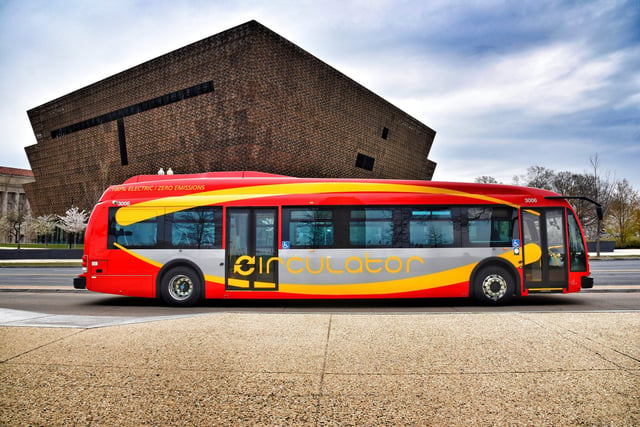Overview
- The Cornell analysis of over 80,000 kilometers of TCAT electric bus winter operations in Ithaca found a 48% surge in energy use at temperatures between –4 and 0°C.
- Half of the increased energy drain stemmed from batteries self-heating to optimal operating temperature while the rest powered cabin heating demands.
- Regenerative braking recaptured less energy in cold weather as large battery packs struggled to maintain uniform cell temperatures.
- Researchers propose storing buses indoors when idle, charging batteries while still warm and limiting door-open times to reduce winter energy losses.
- The study calls for transit agencies to adjust schedules, expand charging infrastructure and train drivers, dispatchers and service crews for winter fleet electrification.
